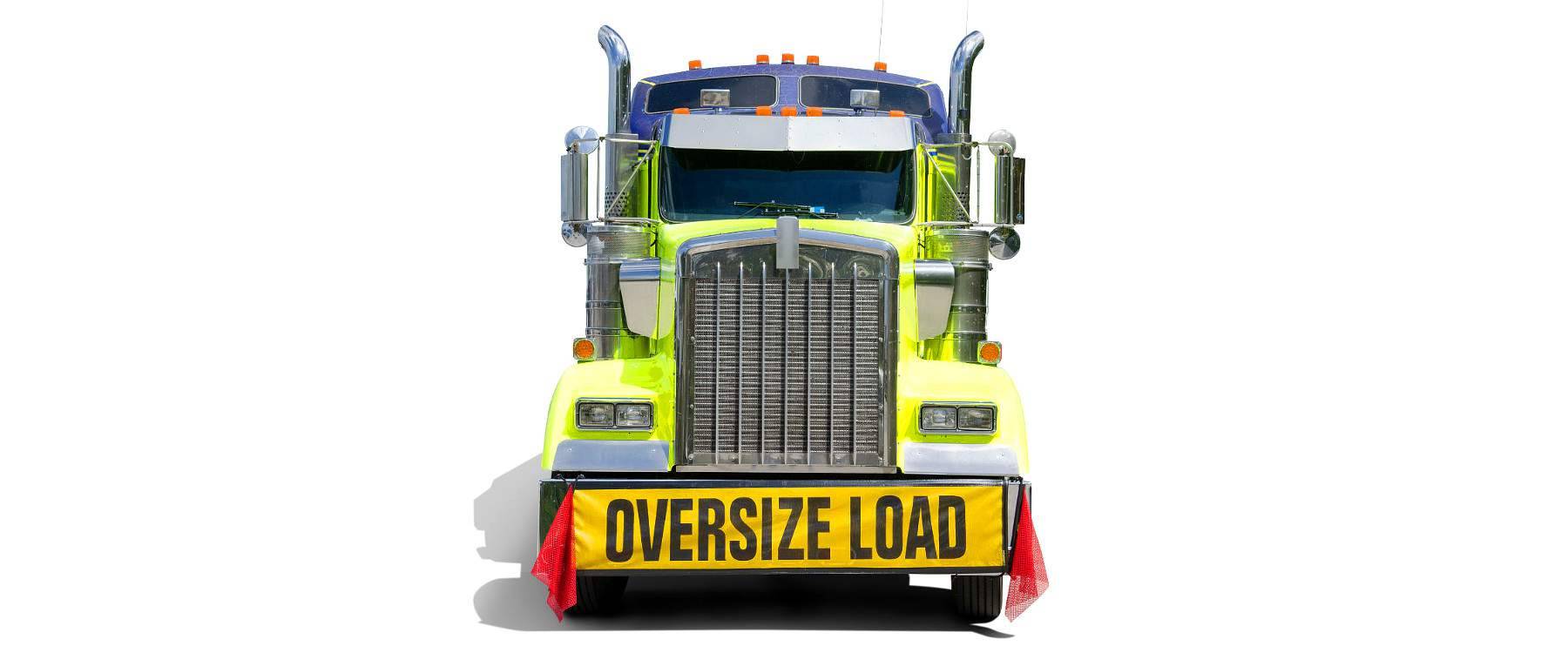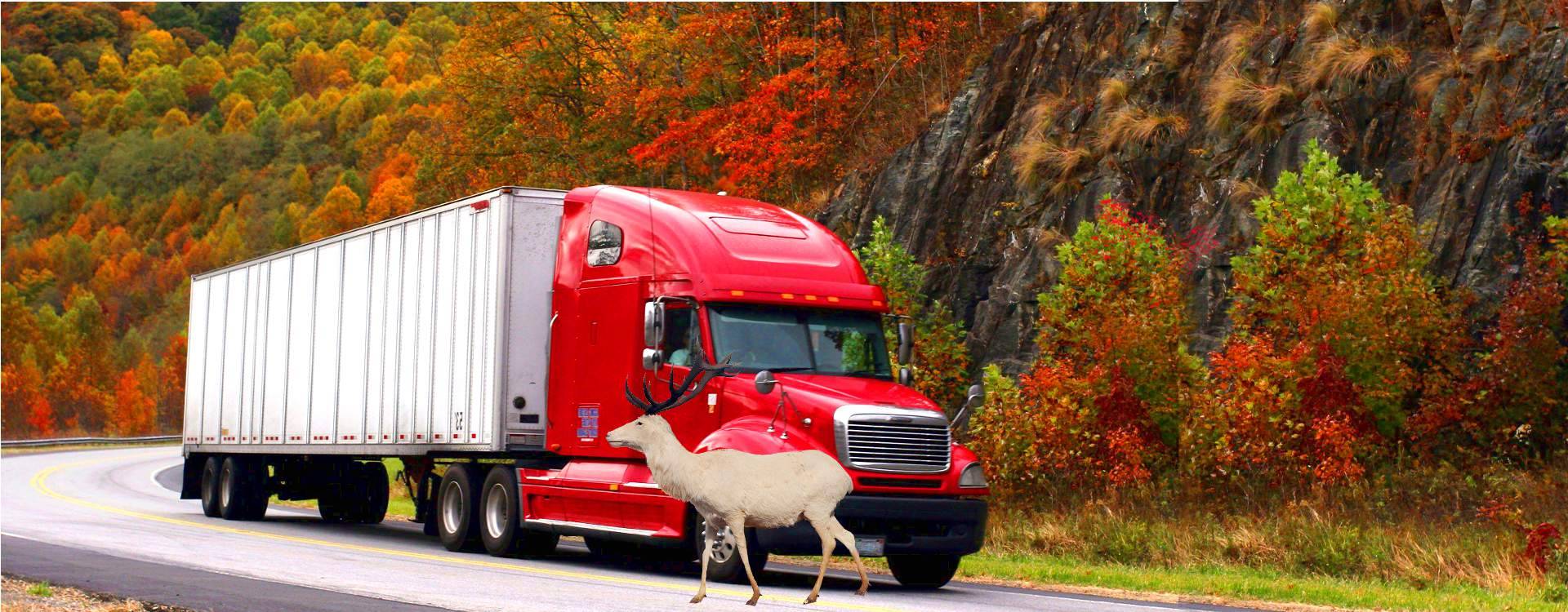Green Trucking: Innovations and Practices
Shaping the Future The transportation industry, particularly green freight carriers, play a crucial role in the global economy but is also a significant contributor to environmental pollution. As we move into 2024, several innovations and practices are shaping the future of green trucking, aiming to reduce carbon emissions and enhance sustainability.
Electric Trucks:
Electric trucks are at the forefront of green trucking innovations. Companies like Tesla, Rivian, and Nikola have developed electric truck models that offer zero tailpipe emissions and reduced noise pollution. Recent advancements in battery technology have made electric trucks more viable for long-haul freight, with improved range and charging infrastructure. These green freight carriers help reduce air pollution and greenhouse gas emissions, crucial in combating climate change (Tritown Transport).
Alternative Fuels
Beyond electric trucks, alternative fuels are gaining traction in the trucking industry. Hydrogen fuel cell trucks, for instance, emit only water vapor, presenting a zero-emission solution for long-haul freight. Companies like Toyota and Hyundai are leading in hydrogen fuel cell technology development. Additionally, biofuels such as biodiesel and renewable natural gas (RNG) offer lower carbon emissions compared to traditional diesel, making them attractive alternatives for many trucking companies (Inside Logistics).
Sustainable Practices
To further enhance sustainability, trucking companies are adopting various green practices. These include idle reduction programs, aerodynamic improvements, and the use of fuel-efficient technologies like hybrid engines. Route optimization and smart load management systems also play a significant role in reducing fuel consumption and emissions by ensuring trucks carry full loads and travel the most efficient routes (Canal Cartage).
 Challenges and Future Outlook
Challenges and Future Outlook
Despite the promising advancements, challenges remain. The high initial costs of electric and hydrogen fuel cell trucks, coupled with the need for extensive charging or refueling infrastructure, pose significant barriers. However, the trucking industry’s commitment to, driven by sustainability regulatory pressures and consumer demand, is likely to spur continued innovation and investment in green technologies (Tritown Transport). In conclusion, the future of green trucking looks promising with the increasing adoption of electric trucks, alternative fuels, and sustainable practices. These advancements not only benefit the environment but also offer economic advantages by reducing fuel costs and improving efficiency.






